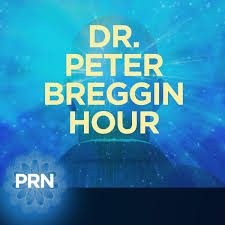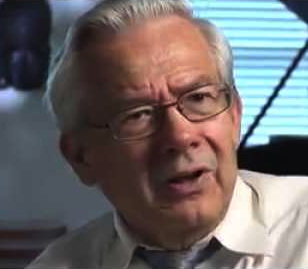I love this hour with my friend Jeanne Stolzer and hope you will, too. We unexpectedly spent the show talking about what psychiatric drugs, alcohol,…

Psychedelic drug

Emotional experiences can induce physiological and internal brain states that persist for long periods of time after the emotional events have ended, a team of…

Peter Gøtzsche, MD, an extraordinary physician and researcher, talks with me about the self-deception and denial rampant in psychiatry as we ask, “How can our…

A chat with Bill Richards about God talk, roses, and the best playlists for psychedelic therapy. Check out Richards' new book Sacred Knowledge: Psychedelics and…
Middle-aged Americans who show high levels of societal involvement and mental health are especially likely to construe their lives as stories of personal redemption, according…
